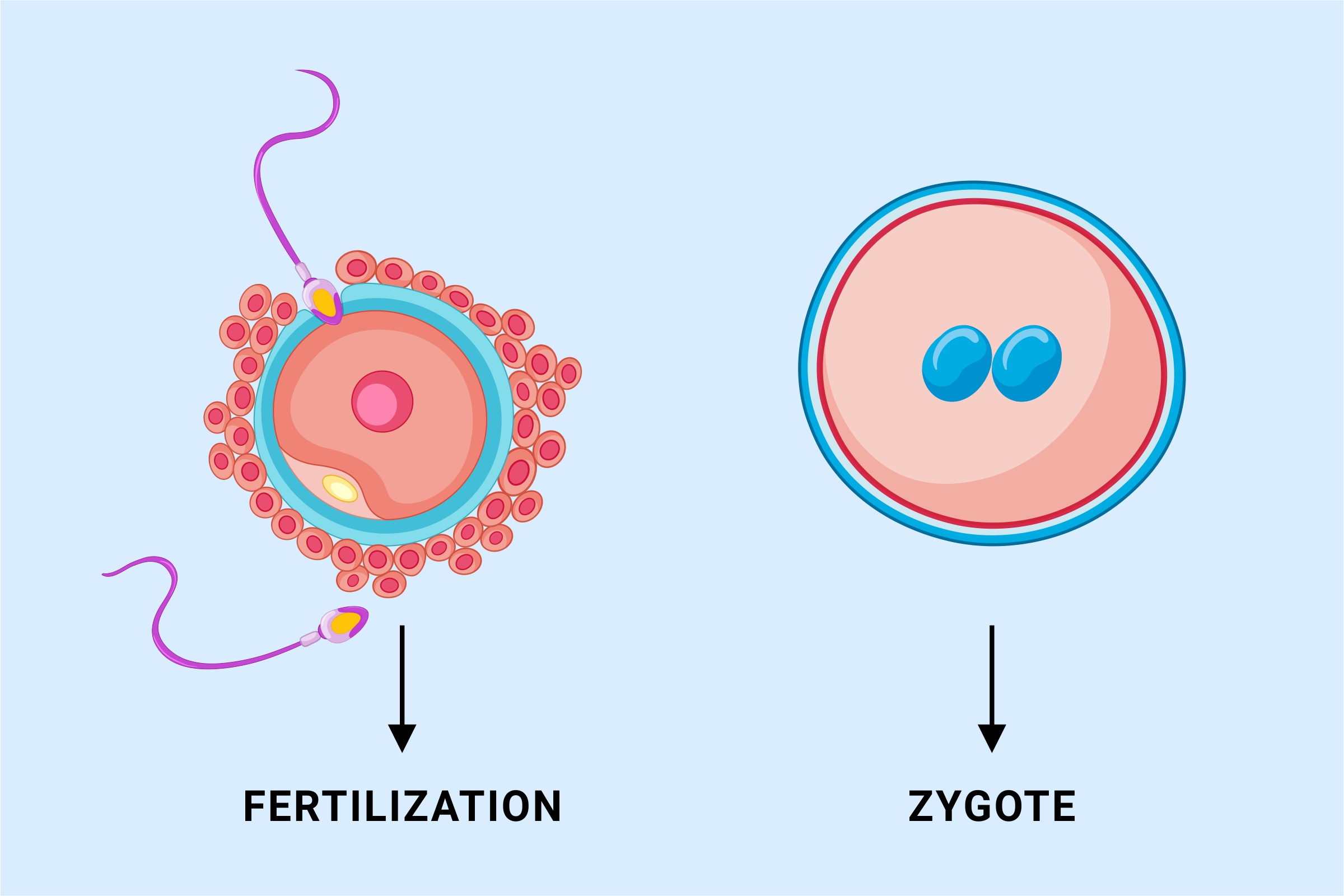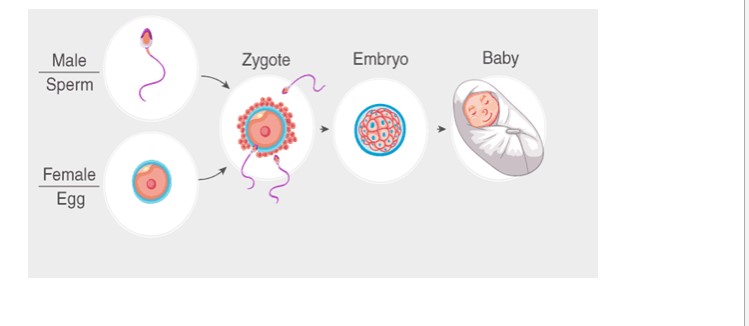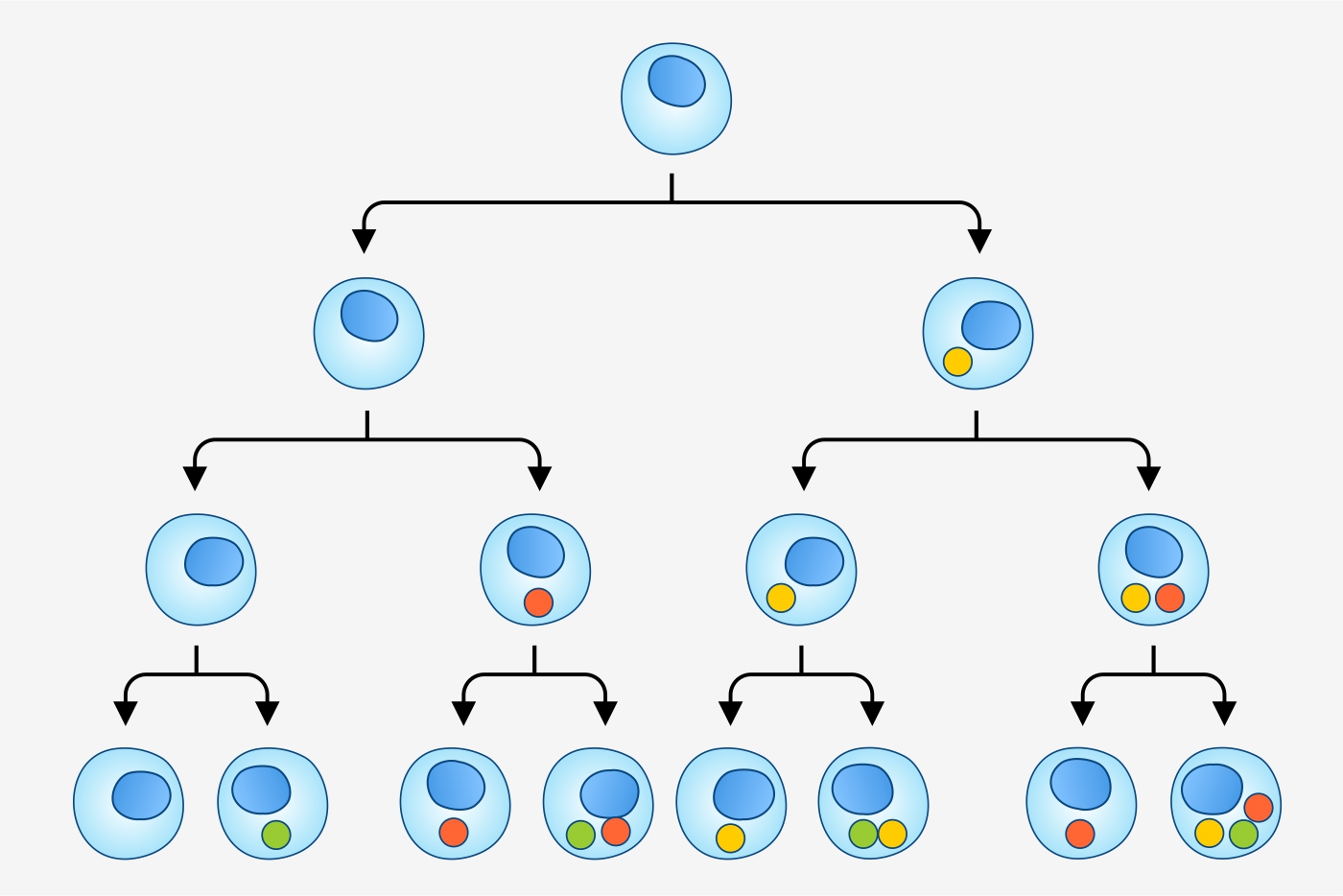Enrich your knowledge with our informative blogs
WHAT IS A ZYGOTE IN BIOLOGY?

The zygote is a fertilized cell produced from the ovum and ovule. It is the first stage of fertilization and the form of the collision of male and female gametes. A Zygote carries all the characteristics of sperm and ovum which further become an individual.
- This stage occurs in the first week of fertilization.
- In the second stage, the separation of chromatids takes place on the fusion of meiosis with the sperm.
- If the fertilization doesn’t occur in the Fallopian tube, the zygote moves down to the uterus.
- After zygote formation, the embryo is developed which undergoes various changes to reproduce a baby.
How do the Zygote forms?
The zygote is formed when the male sperm enters the female’s fertilization, egg cell during the ovulation period. It is a stage when a developing cell gets divided into several cells and a zygote came out of the selected cell which further proceeds for the embryonic development. It prevents other sperm from entering the Fallopian tube and thus continues the further reproductive cycle.
How are twins born?
Generally, one egg splits up into one zygote. When an egg gets divided into two zygotes through mitosis, two embryos are formed sharing the same genetic material twins are developed.

Visualize the in-depth understanding of the natural world!
Biology would sound more interesting when your curiosity levels are satisfied with better visuals & logical explanations.
Categories
Recent Posts
- List of the qualities you should look for in your tutors?
- What is the most useful formulas in math?
- Describe the process of eating to defecation of food?
- Difference between the natural and artificial active response by the immunology system.
- Explain the different circle theorems
- How are nerve cells adapted to their function?











